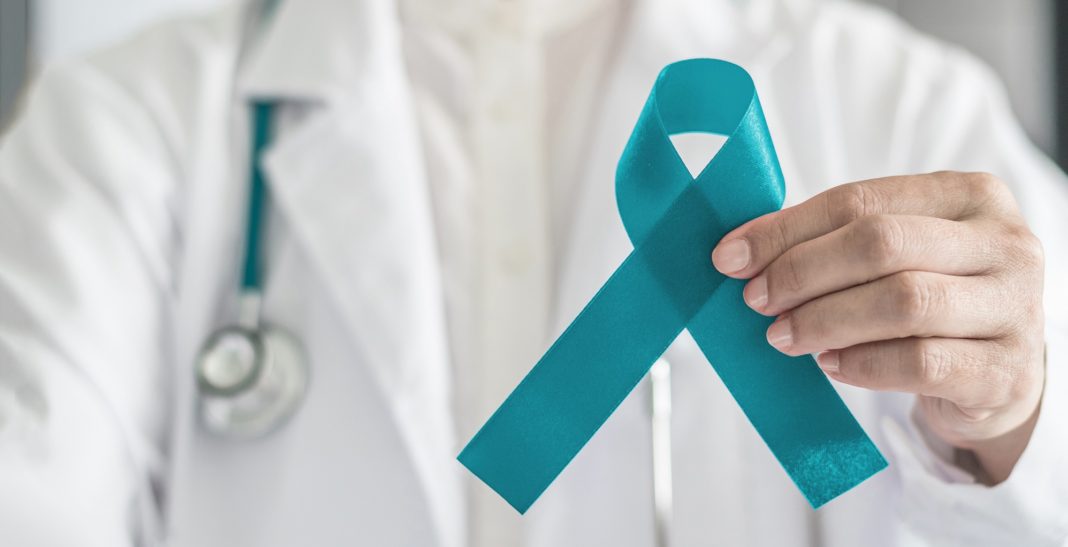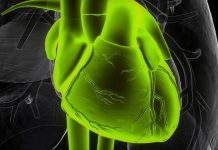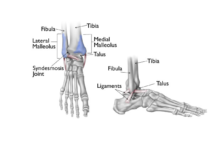1 in 5 Australian women have the condition
Polycystic Ovary Syndrome or PCOS affects 116 million women globally and it’s estimated that one in eight Australian women have it. Many women have never heard of PCOS until they, or someone they know, is diagnosed.
So, what is PCOS? Here’s what you need to know.
Definition of PCOS
In simplest terms, PCOS is a chronic hormonal disorder where high levels of male hormones are produced. The word ‘polycystic’ itself translates to ‘many cysts’.
This causes the ovaries to become enlarged with small cysts on the outer edges. These cysts are eggs that have failed to properly mature and release from the ovary.
PCOS is one of the leading causes of infertility and 70 per cent of women with PCOS remain undiagnosed.
The cause of PCOS is not understood very well. Studies have suggested family history, insulin resistance and lifestyle or environmental factors could be key to developing the condition.
There is currently no cure for PCOS, however, various treatments are available to manage the symptoms it causes.
Almost one third of women diagnosed are found to have polycystic ovaries via ultrasound, though this doesn’t necessarily mean they have PCOS.
Symptoms of PCOS
There are a wide range of symptoms of PCOS. According to the experts at House Call Doctor, these symptoms usually appear during puberty but can also begin in the early to mid-20s.
Symptoms of PCOS are broad and that’s one of the reasons many women don’t realise they have the condition.
Symptoms of PCOS include:
- Acne
- Excessive hair on the upper lip, stomach and back
- Thinning hair and baldness
- High cholesterol levels
- Heart disease
- Difficulty falling pregnant
- Weight gain
- Darkened patches of skin
- Multiple ovarian cysts
- Immature ovarian eggs that do not ovulate
- Menstrual cycle that is irregular, infrequent, heavy or absent entirely
- Mood changes
- Depression and anxiety
- Sleep apnoea.
Women that have PCOS also have increased risk of developing other health problems as a result of the syndrome.
These problems include:
- Insulin resistance
- Diabetes
- Lipid abnormalities
- Cardiovascular disease including heart disease, heart attacks and stroke
- Endometrial carcinoma (cancer).
Diagnosis
PCOS diagnosis requires a doctor or medical professional. It is based on discussion with your GP about your symptoms, examination and, if necessary, blood tests and an ultrasound of the pelvis, ovaries and uterus.
Treatment
Treatment and management of PCOS depends on the main problems faced by the sufferer. Treatments can either be focused on self-care, medication or a combination of both.
Self-care treatments include a healthy diet, physical exercise and weight loss to improve cardiovascular health and reduce the risk of complications related to obesity. Electrolysis can also be done to remove unwanted hair.
Medications that can be used to treat PCOS are anti-diabetic medication to control blood sugar levels, statin to decrease excess cholesterol production, hair growth inhibitor and hormones.
Hormone treatments include the birth control pill and fertility hormones to help increase a woman’s chance of falling pregnant.
If you think you may have PCOS, contact your GP.
















